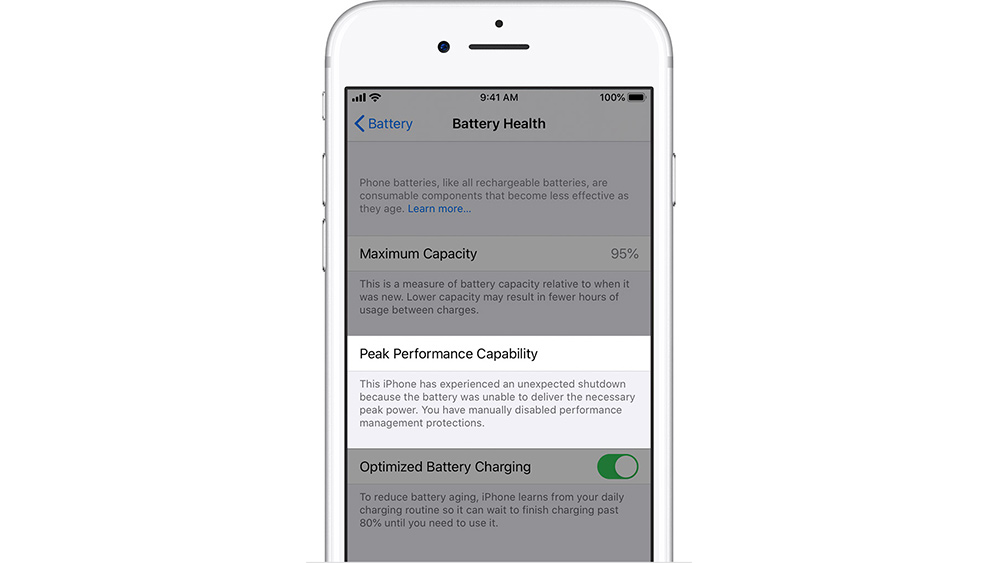Anyone who has a phone that’s more than a few years old has probably had that feeling of dread when they receive a notification saying there’s an update available. Is it best to install it or might it kill your ageing phone completely?
Providing updates for older models is a fine balance. On the one hand, we’re unimpressed when tech giants stop offering updates for older models, effectively forcing you to upgrade if you want the new features. On the other, new features can often tax already tired batteries and slow down phones with outdated processors and lower storage capacity. In the worst of cases, an update can render your phone barely usable.
That’s what happened to some iPhone users back in 2017. An Apple update containing a power management tool intended to improve performance caused older models to slow down when battery was low. And now someone’s taking the tech giant to court over it (if you prefer to upgrade rather than wait to see if you can jump in on the lawsuit, see our guide to the best iPhone 13 Pro prices).

The consumer champion Justin Gutmann (opens in new tab) is suing Apple in the UK for £768m in a case filed with the Competition Appeal Tribunal, which deals with cases on anti-competitive market practices. He says that if he wins, millions of other iPhone users who had an iPhone 6, 6 Plus, 6S, 6S Plus, SE, 7, 7 Plus, 8, 8 Plus or iPhone X in 2017 could also have a claim, with no need to opt in on the case.
Apple admitted back in 2017 that the power management feature in question had indeed downclocked the performance of some phones’ CPUs when battery level was low. However, it claimed that this was to reduce the strain on older batteries. Lithium-ion batteries become less able to provide top performance as they age, which can result in phones unexpectedly shutting down to protect components.
The company eventually agreed to replace batteries at a discounted rate for a limited time and introduced the ability to turn off the power management tool. However, critics say Apple didn’t do enough to communicate its battery replacement service and accuse the Cupertino giant of intentionally slowing down older phones to prompt people to upgrade to newer models – something that Apple denies.

Gutmann said: “Instead of doing the honourable and legal thing by their customers and offering a free replacement, repair service or compensation, Apple instead misled people by concealing a tool in software updates that slowed their devices by up to 58%.
“I’m launching this case so that millions of iPhone users across the UK will receive redress for the harm suffered by Apple’s actions. If this case is successful, I hope dominant companies will re-evaluate their business models and refrain from this kind of conduct.”
It will be interesting to see how tech companies respond if the case is successful. Intentionally underclocking older phones may feel like a move designed to shorten the lifespan of older phones, but the alternative may be fewer years of updates, or letting user take the risk of installing an update that may cause their phone to switch off abruptly when the battery is low – a problem that we saw as recently as the launch of iOS 14 in December 2020.
We’d love to see the likes of Apple work on easier and cheaper ways to extend the life of older models, but we’re not counting on that happening soon. In the meantime, make sure you see our guide to The best Amazon Prime Day Apple deals for a chance to find the latest Apple products for less.




